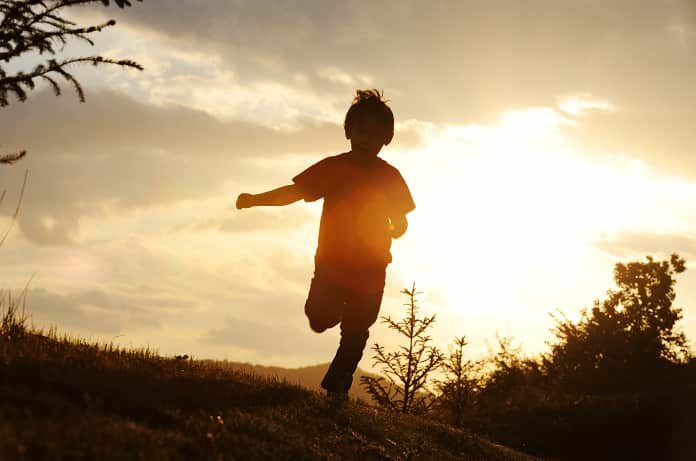Researchers analysed the implementation of recommendations for programs concerning the social and emotional care of Indigenous children in Australia.
Primary care providers, including doctors, nurses, and social workers are the first-line health care providers. These care providers are in a unique position to offer social and emotional support to vulnerable families or children at risk. The government of Australia recommends that primary care providers complete at least one “child health check” for each Indigenous child in Australia once a year. These standardized checks include height and weight measurements, oral care, discussions around milestones, and discussions concerning the social and emotional needs of the child. These emotional needs include the parent-child relationship, behaviour, food security, and family support services.
The effectiveness of this recommendation, however, remains unclear, as it may be difficult to implement these recommendations in a busy primary care setting. There is little information available about the practical implementation of this recommendation, and whether the implementation differs across urban, rural, or remote settings.
The audit for best practice and chronic disease program (ABCD) aims to improve the management and prevention of disease in the Indigenous population in Australia, including maternal and child mental health. Standard audits of this program have provided data for almost 15,000 children who attended primary care clinics in Australia. Researchers used data between 2012 and 2014 from this program to assess the delivery of social and emotional well-being programs for young children in primary care settings and to determine if the delivery differed by location.
This study included data from 109 remote, rural, or urban primary care centres in Australia. There were 2,466 children included, between three months and five years old. The results were recently published in BMC Health Services Research.
Social and Emotional Supports were Poorly Implemented
The results showed that families of young children, between the ages of three to eleven months were more likely to receive social and emotional well-being services than families of older children. These services ranged from advice about the domestic environment, housing condition, child stimulation, or social support. The proportion of families receiving social support services ranged greatly, depending on the service in question. Only about 10% of families received services concerning food security, and as many as 74% received assessments of child-family interactions. Seventy-one percent of families received follow-up care. The results did not show any noticeable differences between geographical areas, with urban, rural, and remote areas demonstrating similar levels of social and emotional well-being programs.
Recommendations Not Consistently Followed
The researchers concluded that although the recommendations are clear concerning the delivery of social and emotional well-being programs for Indigenous Australian children, the recommendations are not being consistently followed. Only 55% of families received advice about intellectual stimulation for their child, and only 11% received advice about nutrition or food security. Almost 25% of families had no referrals for follow up concerning housing, social support, financial concerns, or food security.
The results also showed that services were more likely to be implemented for families of younger children (under one year) than older children (one to five years). The authors conclude that the implementation of the guidelines is lacking, leaving many Indigenous Australian families without the benefit of many supportive services to improve the social and emotional well-being of their children.
Social and Well-being Services are Valuable Additions to Primary Care
This study is the first of its kind to measure the social and emotional well-being services in this population and the results have important policy implications. The authors acknowledge that Indigenous health care settings are often busy, overwhelmed environments and there are inherent challenges to offering all of the recommended services to everyone. They emphasize, however, that social and emotional well-being services are important and valuable additions to primary care. The authors urge policymakers to provide the necessary supports to consistently offer all of the services recommended by the ABCD program in every primary care setting.
Written by Lisa Borsellino, BSc
Reference: Edmond, Karen M., et al. “Quality of social and emotional wellbeing services for families of young Indigenous children attending primary care centers; a cross sectional analysis.” BMC Health Services Research 18.1 (2018): 100.



